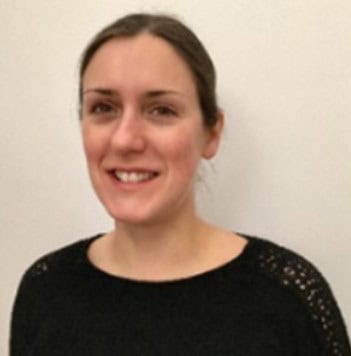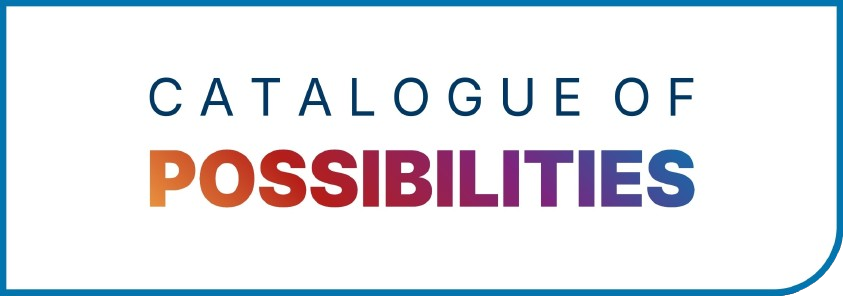Dr Emma Gibson she/her

Senior Lecturer
Mission Priority Areas
Living in the UK we can easily access large central science facilities here and in Europe. But this is not the case for everyone and I feel is an unfair advantage that needs to be addressed. I recently helped collaborators in Cape Town, SA, set up workshops to help improve the chances of African researchers gaining access to X-ray and Neutron central facilities. With no synchrotron on the continent, African researchers don't just face expensive travel costs for these type of experiments but also lack frequent access to experts who can help with data analysis and discussions to improve the chances of applications. We organised workshops, with colleagues from Glasgow, Loughborough, Diamond and ISIS attending in person over a 4 year period. In addition as part of the team running a block access route to the Diamond Light Source, we are actively trying to help early career researchers and those from under represented groups acquiring access to synchrotron experiments.
My main research interests lie in synchrotron based work and being a parent, am very aware of the difficulties of balancing the logistics of home and work life with added travel obligations. As there are not many women within the heterogeneous catalysis research community in the UK, I feel an obligation to try and inspire more of our female PhD students to try a postdoc position before making that career choice between industry and academia.
My main research goal is to understand the structural changes of solid catalysts whilst they are being used in reactions. Applying a variety of Neutron, X-rays and vibrational spectroscopies to do this. I have a particular interest in developing reactors able to do these experiments under conditions as close as possible to the real industrial applications.
I currently collaborate closely with academics in Queen’s University Belfast (Chem Eng) and Southampton (Chemistry) on an EPSRC grant, with the ISIS Neutron and Muon source (50% funded PhD student) and the Diamond Light Source (PDRA). I was also recently involved in a collaboration of ECRs across Aberdeen, Newcastle and Glasgow on CO2 capture and reactivity.
I would be keen to form collaborations on biomass upgrading or net zero processes or reactor design. I would love to supervise projects involving a team of researchers where we could build up our combined understanding of a catalytic process from the points of view of the engineering of the reactor and conditions, catalyst design and optimisation of spectroscopies under realistic conditions to understand the performance and so optimise the materials.
My first 4 PhD students have all moved on to successful first jobs, with 2 going on to do PDRA’s at Durham University and the third is a PDRA based down at the Central Facilities in Harwell adn 2 who have opted for the drinks industry and the analytical services sector.

